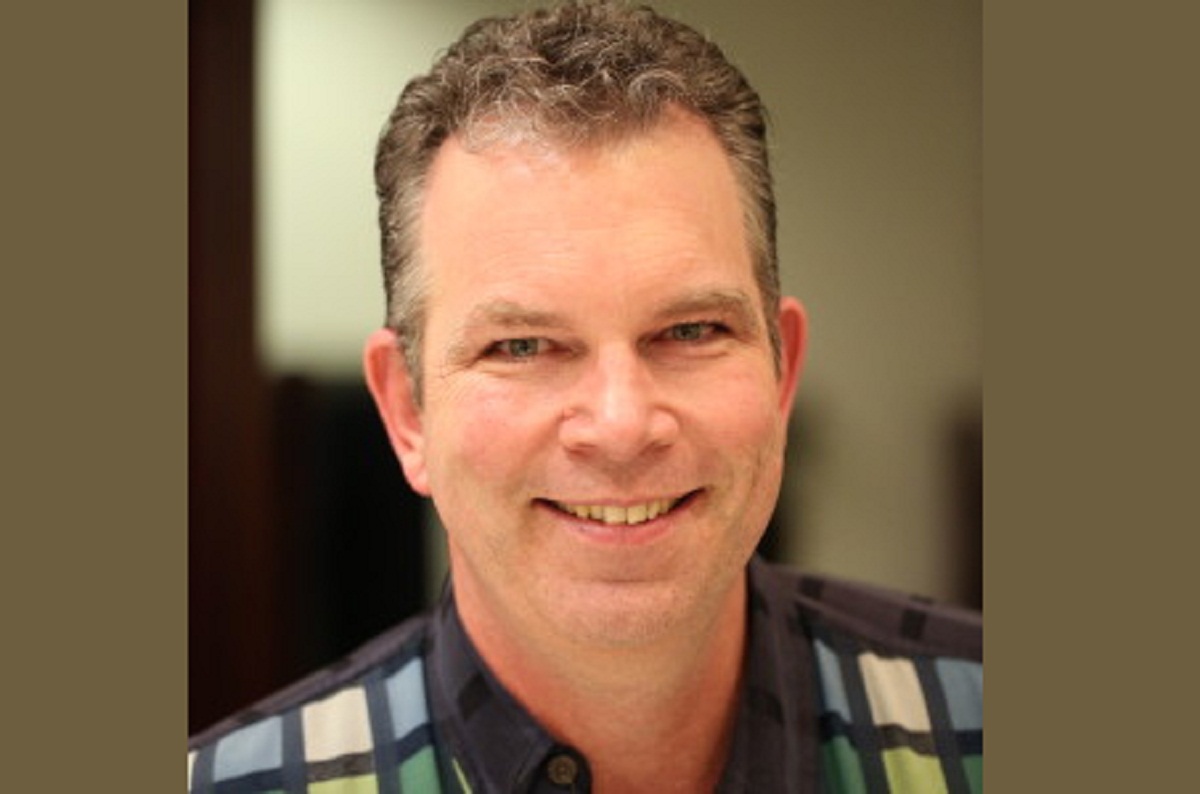
Sean Griffin is a Silicon Valley based serial entrepreneur. He is the CEO and Founder of StartUp Cup-a global business model competition that focuses on launching successful startups and building startup eco-system. Always thinking out of the box, Griffin dropped out of high school and started his own company at the age of 12.
Recently, Griffin visited Bangladesh on the occasion of Bangladesh Startup Cup celebration night. On a rare occasion during his visit we sat with Griffin to know more about his journey as an entrepreneur, launching a global startup movement, what it takes to build a sustainable startup eco-system, what makes a great founder and more.
Tell us briefly about yourself and your passion.
I am a Silicon Valley serial entrepreneur. I was born and raised in Silicon Valley and a typical high school dropout. I started my first business at the age of 12. Throughout my entrepreneurial journey, I have founded and co-founded 21 businesses and 3 non profits. I myself have been very involved in community. Particularly, in Silicon Valley, I have been a part of entrepreneurial eco-system development. One thing that makes me unique is that I am a visual thinker that is I use visual thinking tools for thinking and processing ideas on a large scale.
[blockquote source=]I was born and raised in Silicon Valley and a typical high school dropout. I started my first business at the age of 12. Throughout my entrepreneurial journey, I have founded and co-founded 21 businesses and 3 non profits.[/blockquote]
Tell us briefly about Startup Cup; how did you come up with it?
Throughout my entrepreneurial journey I have learnt a lot about public-private sector and how to bring the key players to collaborate on projects. In 2000, my company Studio FX, which was going public, ended up being repossessed by a bank. That event caused me to go on a vacation and I moved to Oklahoma, Tulsa. There I got appointed to chair the entrepreneurial initiatives and that is when I launched a business model competition which is now known as Startup Cup. It proved to be hugely successful and soon evolved into a global movement that operates in 60 countries. We have a portfolio of entrepreneur programs that includes Startup Cup.
We are on a mission to change the world and unleash global perspectives through entrepreneurship. We do that by focusing on 3 core strengths: i) increasing the quality and quantity of entrepreneurs, ii) increasing the quality and quantity of hyper local mentors and iii) supporting and designing the development of entrepreneurial eco system.
Startup Cup also showcases the women’s ability to make changes through entrepreneurship because women are more proactive, willing to take risks; they are more collaborative and thus make better entrepreneurs.
[blockquote source=]We are on a mission to change the world and unleash global perspectives through entrepreneurship. We do that by focusing on 3 core strengths: i) increasing the quality and quantity of entrepreneurs, ii) increasing the quality and quantity of hyper local mentors and iii) supporting and designing the development of entrepreneurial eco system.[/blockquote]

Startup Cup is now a global movement. We are all aware how difficult it is to make anything global. So how did you make Startup Cup go global as well as successful?
I started marketing the business model competition in U.S community colleges. Meanwhile I put up a website where people could apply for license. Suddenly people from Zambia applied, and then people started applying from Egypt, Turkey etc who were not the targeted ones. So I realized that the website was already global and instead of focusing on U.S only, we started focusing on the world especially the emerging economies of the developing countries. All of the sudden in the first year we witnessed 800% growth.
[blockquote source=]Mostly the credibility of the program’s impact in terms of the no. of startups launched, no. of employment created etc and positive words of mouth did all the marketing for Startup Cup.[/blockquote]
Mostly the credibility of the program’s impact in terms of the no. of startups launched, no. of employment created etc and positive words of mouth did all the marketing for Startup Cup. Although we cannot predict the ability of businesses to be funded but we leave our impact on the eco system by showcasing what is possible and thus more people continue signing up.
What are the few lessons you have learned from your journey of taking a local movement global?
You have been working with startup eco-system building for years now, what it takes to build an eco-system that works?
What set the successful startups apart from the failures?
What are the few traits you look for when you judge a founder?
What advice would you give to someone who is just starting out from Bangladesh?
[blockquote source=]Real entrepreneurs are generally a rare breed. Less than 35% of aspiring entrepreneurs are the real ones. They are usually loners so we have got to design strong programs to use as magnet to pull them out of their corners.[/blockquote]
Credit: Interview by Fatema Mohammad for Future Startup, Images by Bangladesh StartUp Cup
